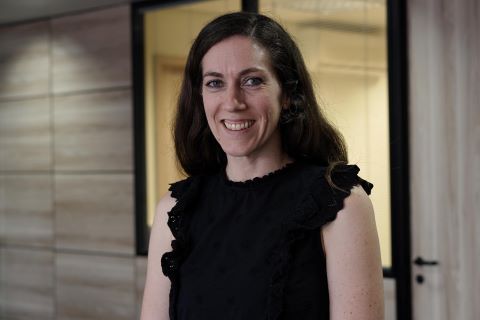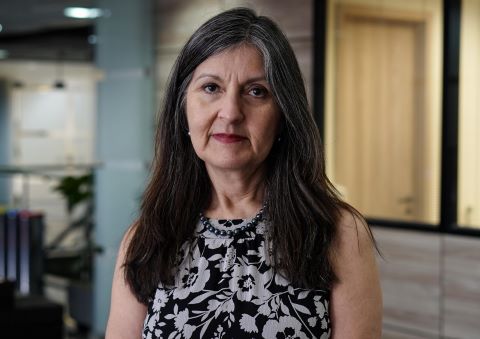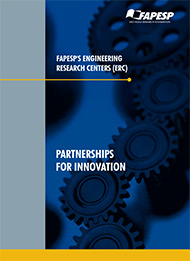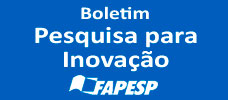Workshop assembles researchers affiliated with centers supported by FAPESP and NSF

20 de dezembro de 2023
By José Tadeu Arantes | Agência FAPESP – FAPESP and the National Science Foundation (NSF), one of the main research funding agencies in the United States, held a joint workshop in São Paulo on November 29-30, 2023, to foster interaction among scientists at centers of research excellence supported by the two institutions. Since 2011, they have maintained a memorandum of understanding (MoU) to promote collaborations in areas of mutual interest.
The workshop was attended by representatives of 32 Research, Innovation and Dissemination Centers (RIDCs) and Engineering Research Centers (ERCs) supported by FAPESP, as well as nine centers supported by NSF (five in person and four remotely).
Present in the opening session were Darryl Turner, US Consul for Economic Affairs; Teresa de la Puente, one of NSF’s Program Directors; Marco Antonio Zago, President of FAPESP; Carlos Américo Pacheco, CEO of FAPESP; and Marcio de Castro Silva Filho, Scientific Director of FAPESP.

Teresa de la Puente (photo: Daniel Antônio/Agência FAPESP)
Zago recalled that FAPESP took NSF as a model from its inception. “The parallel movements that led to the creation of both institutions originated after the end of World War Two, when it became clear that science and technology could really make a difference. The Allied victory was due to a number of scientific advances achieved during the war,” he said.
According to Zago, and as Pacheco later told Agência FAPESP in detail, the idea of intensifying the relationship with NSF came up at a meeting they both had with Sethuraman Panchanathan, NSF’s Director. “We concluded at that meeting that we were all highly satisfied with the calls for proposals regularly held by the two institutions but could advance further by means of bolder and more robust initiatives. One kind of initiative would consist of workshops to build closer ties between centers of excellence in Brazil and the US, encourage joint activities, and possibly foster cooperation agreements. This workshop is the first step in that direction. We also agreed that Panchanathan will visit FAPESP in 2024,” Pacheco said.
C2C
Sandra Cruz-Pol, another NSF Program Director, told Agência FAPESP that all centers supported by the institution are interdisciplinary and innovative, and that they are very interested in building bilateral relations with Brazilian centers in a mode known as center-to-center (C2C). “International collaboration in all knowledge areas is an important way to accelerate research by combining human and physical resources,” she said.

Sandra Cruz-Pol (photo: Daniel Antônio/Agência FAPESP)
Four centers supported by NSF already have C2C relations with Brazilian centers: the Center for Innovative and Strategic Transformation of Alkane Resources (CISTAR), the Center for Power Optimization of Electro-Thermal Systems (POETS), the Center for Translational Applications of Nanoscale Multiferroic Systems (TANMS), and the Center for Structured Organic Particulate Systems (C-SOPS).
The workshop featured presentations by the partnerships between CISTAR and the FAPESP-supported Center for Innovation in New Energies (CINE), and between POETS and the FAPESP-supported Research Center for Greenhouse Gas Innovation (RCGI).
Teresa de la Puente said this was the first of several joint initiatives to be organized by NSF and FAPESP with the aim of extending collaboration based on innovative ideas. Darryl Turner highlighted the importance of US-Brazil partnerships to address major challenges such as climate change and the energy transition.
Photos: Agência FAPESP



